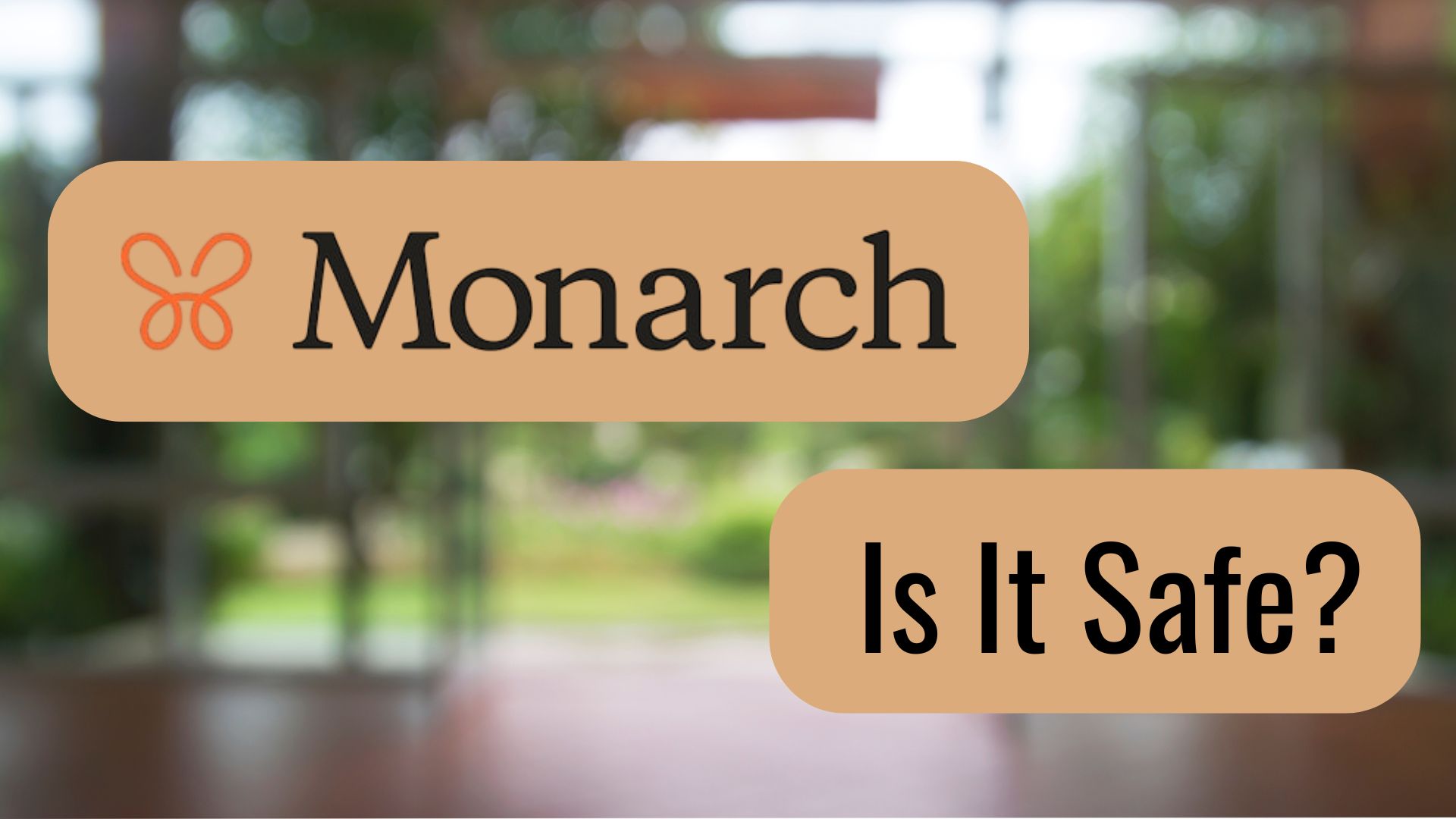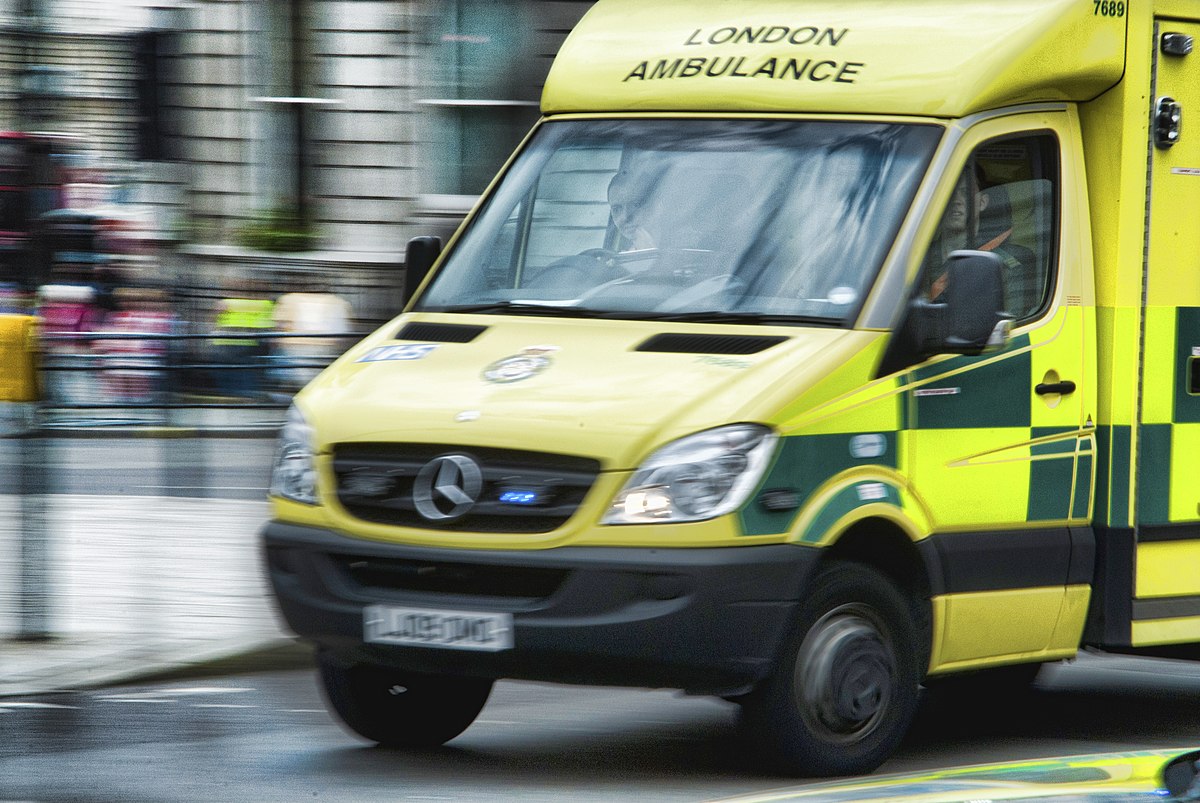© Reuters. FILE PHOTO: A logo is pictured on the Nestle research center at Vers-chez-les-Blanc in Lausanne, Switzerland August 20, 2020. REUTERS/Denis Balibouse
By Richa Naidu
LONDON (Reuters) – Nestle is piloting using Airbus satellites to monitor reforestation, amid global concerns about whether consumer goods companies are doing enough to reduce their carbon footprints.
Airbus’ Pléiades Neo satellites will provide high-resolution images in the Ranong and Chumphon provinces of southern Thailand that will help to ensure trees Nestle has planted in sourcing regions grow long term, the world’s biggest food company said.
“It’s more accurate because you need to go down to 30 centimetres, which is a sheet of paper,” Magdi Batato, Executive Vice President, Head of Operations, at Nestle, told Reuters.
“The EU (European Union) green taxonomy touches on a lot of points, and one point which is coming more and more to the table today is the point of landscapes,” Batato said. “It’s very important also to remove carbon through restoring landscapes.”
Nestle’s global reforestation programme, a key part of its 2050 net zero emissions goal, aims to plant and grow 200 million trees in the Swiss company’s supply chain by 2030. The company in 2022 secured 12.4 million trees through reforestation projects in Australia, China, Ghana and Thailand, it said.
The maker of KitKat bars, Nescafe coffee and Maggi stock cubes said the satellites would monitor more than 150,000 shade trees in farms from where it sources coffee over a 20-year period.
Shade trees help prevent coffee plants’ over-exposure to the sun, increase yield and productivity over the long term, while also removing carbon from the atmosphere, the company said.
“We aim to sequester 200,000 metric tonnes of carbon over the lifetime of this project,” Benjamin Ware, Nestle’s global head of climate and sustainable sourcing, said. He added the company believed one tonne of carbon can be “sunk” with six shade trees.















